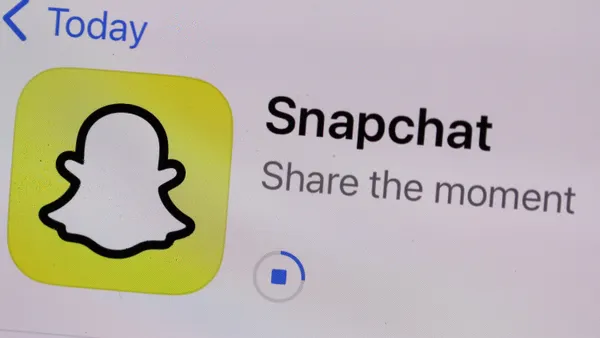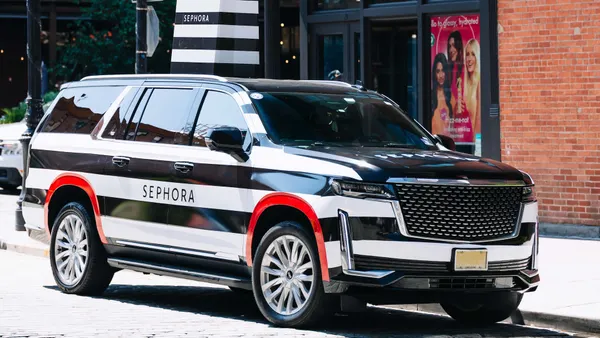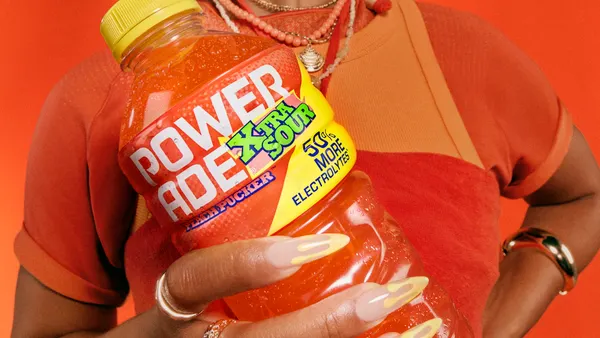Brief:
- Tim Armstrong, the head of Verizon's media and advertising business, is in talks to leave the company as early as next month amid struggles to grow ad sales, unnamed sources told The Wall Street Journal. Armstrong joined Verizon three years ago when the telecom giant bought AOL, where he had been chief executive since 2009, amid plans to build an advertising business that relied on audience data about its 116 million mobile subscribers.
- Armstrong has led Verizon's efforts to compete with Google and Facebook in the digital ad market, but revenue of $4 billion was dwarfed by the $44 billion that Verizon earned from its wireless business in H1 2018. Senior executives at Verizon didn't want to alienate wireless customers with more intrusive advertising, leading to disagreements about the sales strategy, per the Journal.
- The report comes as Oath is combining its suites of advertising and publishing solutions under a single umbrella called Oath Ad Platforms, according to a press release. The goal is to offer a unified suite of solutions while adding new functionality. BrightRoll, One by AOL and Yahoo Gemini now all come under the new new suite, with key services including DSP, a native and search marketplace and programmatic exchanges.
Insight:
Armstrong's possible departure signals that Oath's plans to monetize the Verizon user base haven't lived up to prior expectations. Verizon recently discussed whether to sell Oath but decided to integrate some of its operations more closely with the rest of the company, per the Journal. The news that Oath will consolidate its advertising and publishing solutions under one umbrella looks to be a step in that direction.
Oath will lose worldwide online advertising market share to Google, Microsoft, Facebook and other rivals, according to eMarketer research cited by MediaPost. Oath is expected to see its market share slide to 1.7% market share this year from 2.0% in 2017, and even further to 1.5% in 2019 and 1.4% in 2020. Armstrong's departure would be another loss for Verizon, after the company shuttered Go90, its billion-dollar mobile video platform, in July.
Privacy concerns appear to have hampered Verizon's plans to grow its advertising business. Verizon shared with Oath anonymous information on subscribers' age, gender, phone language and data plan size, but the carrier didn't want to provide information on which apps customers used and their web browsing activity without informed consent, per the Journal. Only about 10 million subscribers signed up for the "Verizon Selects" program that offers promotions in exchange for agreeing to accept targeted ads that are based on web and app usage, location and other behavior.
Although Verizon has a large subscriber base, that didn't necessarily translate into a big audience for media and ad content. Oath could obtain data on fewer subscribers than some AOL and Yahoo employees expected. Only about one-third of Verizon's 116 million accounts had verified identities, while others were members of family plans or government workers and corporate employees, per the Journal. With privacy issues becoming more pronounced in the past year, obtaining more personal information about subscribers may be even more difficult moving forward.










